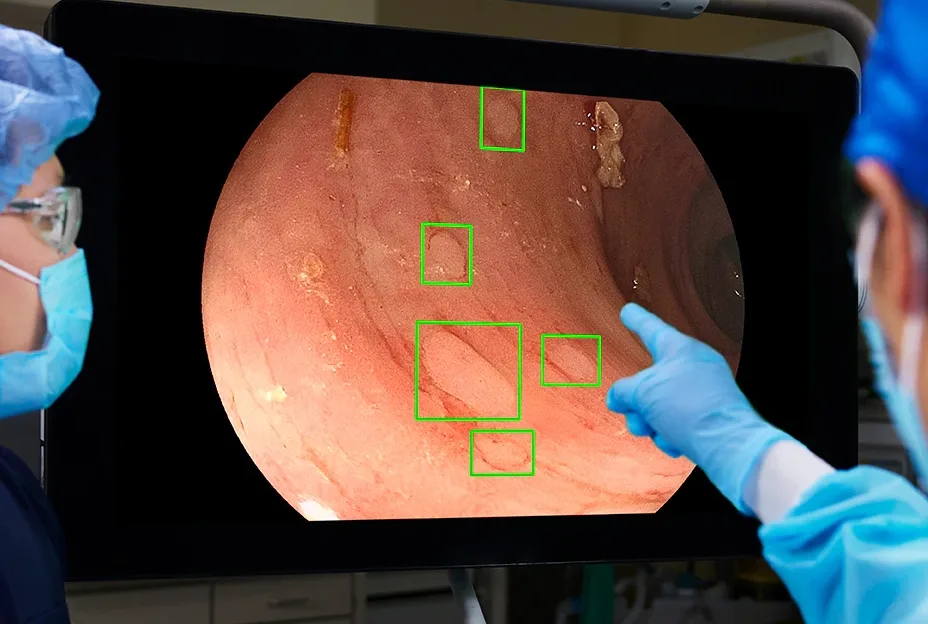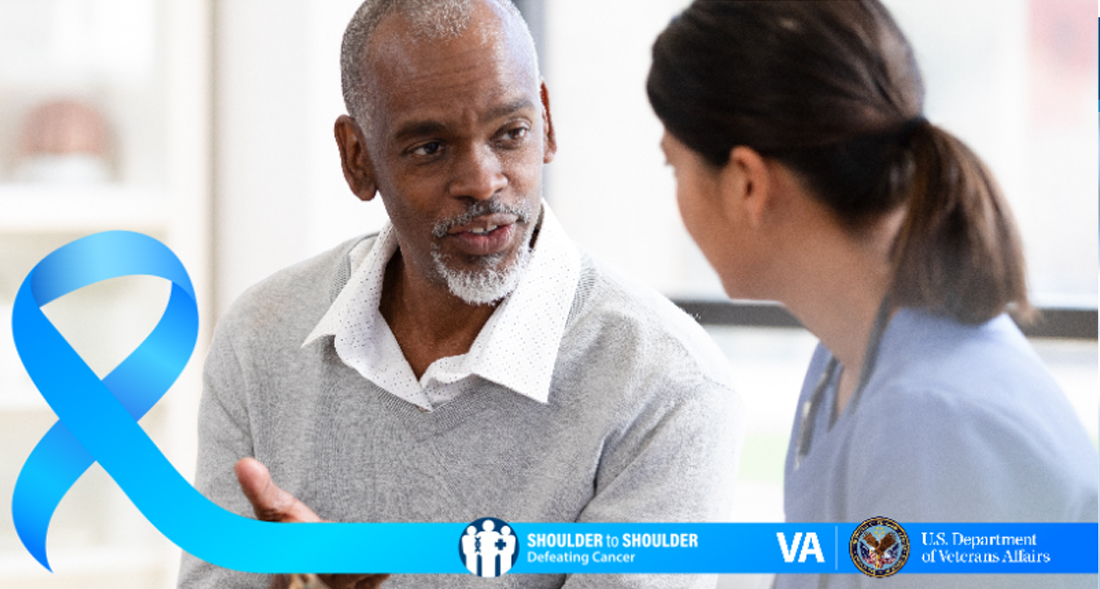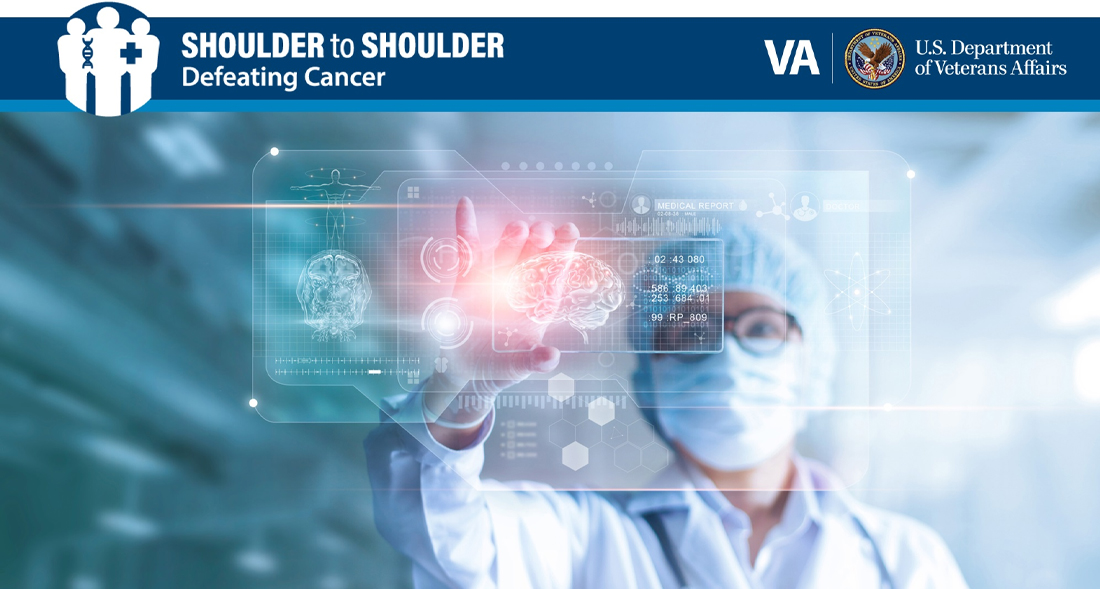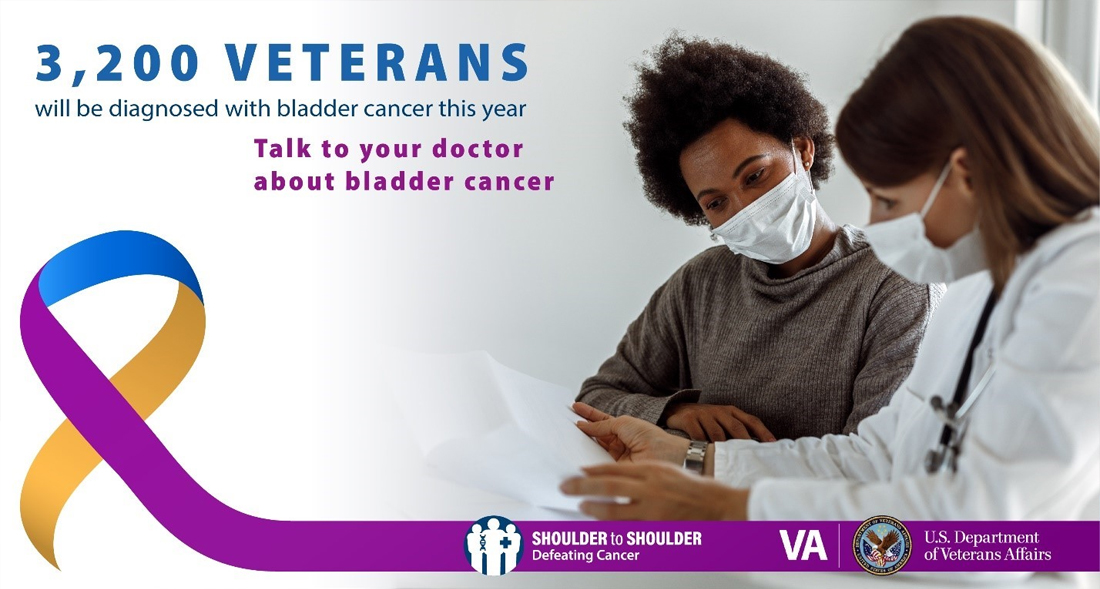NOP Newsroom
Read more about how VA is shaping the future of cancer care, today.

Marine Veteran receives exceptional cancer care at VA
When Marine Corps Veteran Stephen Miller was diagnosed with cancer, his search for top-notch health care led him to choose VA.
Read More
Meet a few nurses of VA’s National Oncology Program
VA’s oncology nurses are health care professionals who specialize in providing cancer care for Veterans. These highly skilled nurses work alongside physicians and other health care providers to deliver personalized treatment and support to patients and their families across the cancer care continuum.
Read More
Health challenges facing minority communities
“Better Health Through Better Understanding” is the theme for April’s Minority Health Month. It gives us an opportunity to raise awareness about the health challenges facing minority communities and highlight VA’s work to reduce health disparities among minority Veterans.
Read More
Paving the way for cancer care at VA: Dr. Sarah Colonna
VA’s National Oncology Program‘s female doctors are breaking new ground in how VA treats cancer. These leaders strive to reduce health inequalities, promote access to world-class cancer care, and stand shoulder to shoulder with Veterans as they battle cancer..
Read More
Lynch Syndrome testing for colorectal cancer
Colorectal cancer (CRC) is one of the most diagnosed cancers within VA at nearly 4,000 diagnoses per year. It’s the second leading cause of cancer death for both men and women in the United States.
Read More
Bladder Cancer and Veterans: What You Need to Know
Approximately 3,200 Veterans are diagnosed with bladder cancer every year. Some Veterans may be at higher risk due to toxic exposures during military service. Talk to your provider if you have any of the symptoms of bladder cancer.
Read More
VA deploys Artificial Intelligence to increase pre-cancerous polyp detection rate for colorectal cancer
Colorectal cancer is the second leading cause of cancer death for both men and women in the United States. VA is deploying artificial intelligence (AI) technology for use during colonoscopy to assist in recognizing pre-cancerous growths (aka “polyps”) and to add to the best-in-class care available to Veterans across the nation.
Read More
VA stands with Veterans to reduce racial disparities in prostate cancer screenings
Prostate cancer is the most frequently diagnosed cancer at VA with 10,000 new cases every year. The National Oncology Program (NOP) at VA stands shoulder-to-shoulder with at-risk Veterans by expanding access to precision screening and best-in-class treatments for each and every Veteran.
Read More
VA Research Week: VHA's National Oncology Program delivers world-class cancer care
With 50,000 Veterans diagnosed with cancer every year, the Veterans Health Administration's (VHA) National Oncology Program (NOP) is providing Veterans with the same level of evidence-based cancer care found within the leading, private-sector health care and academic institutions.
Read More
Bladder Cancer: Know the signs
Since early diagnosis is critical to successful treatment and recovery, VA is encouraging Veterans to talk to their doctors about the signs and symptoms of bladder cancer.
Read More
Expanding access to specialty cancer care through TeleOncology
Through a partnership with the Bristol Myers Squibb Foundation, VA's National Oncology Program (NOP) is expanding TeleOncology access to Veterans across the nation with the National TeleOncology service (NTO).
Read More
VA celebrates Cancer Survivor Month
June is National Cancer Survivor Month, and VA is celebrating Veteran cancer survivors and their journeys.
Read More
